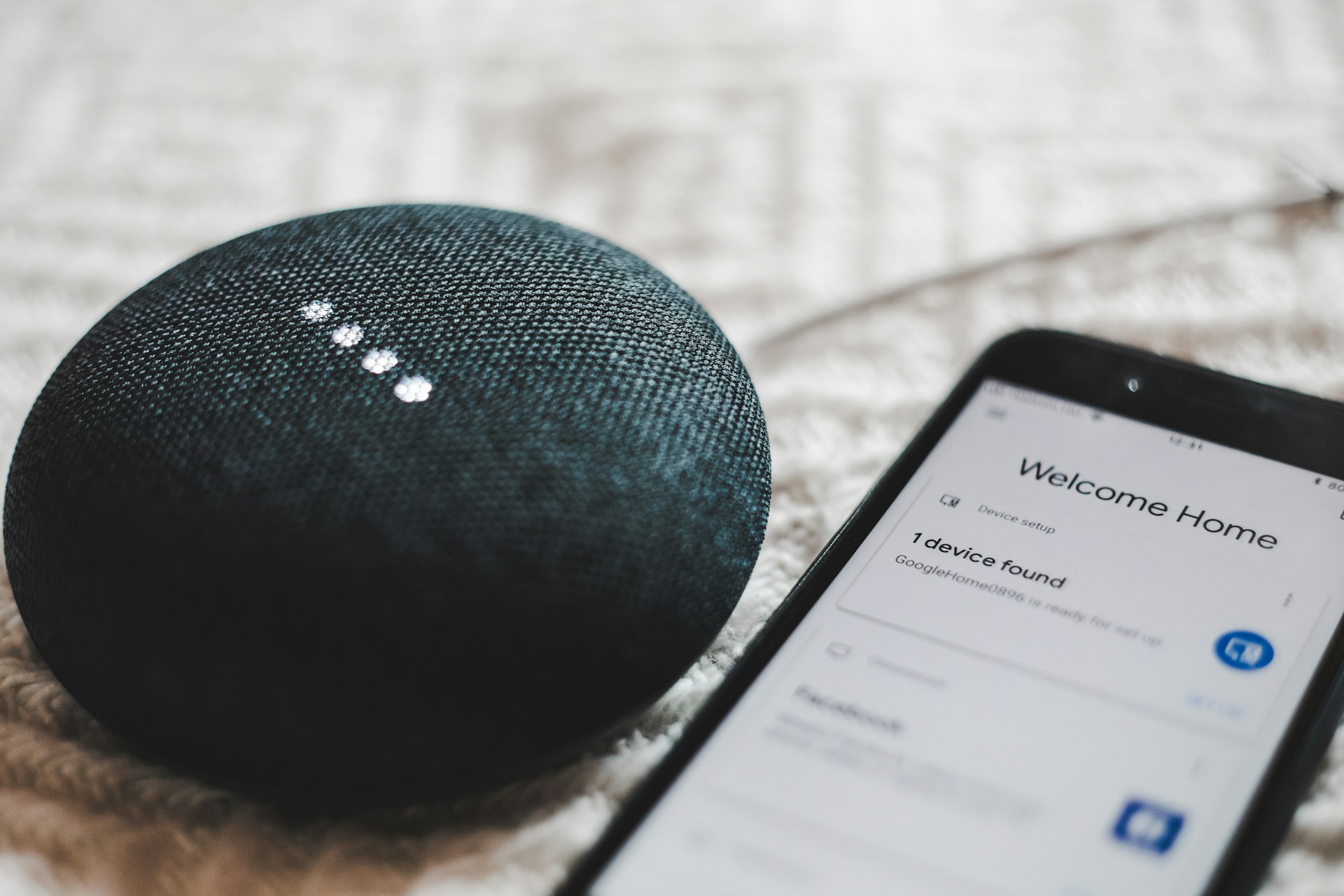

Question: Are Smart Homes a Security Risk?
Answer: Yes, smart homes can pose security risks. Hackers can exploit vulnerabilities in devices and networks to gain access to your home and personal information.
The Benefits and Risks of Smart Homes
Smart homes, with their convenience and automation features, are becoming increasingly popular. However, as with any technology, smart homes also present unique security risks. While smart home technology offers many benefits, it’s crucial to understand the potential vulnerabilities and take proactive measures to mitigate them. This article will explore the potential security risks associated with smart homes, provide tips for protecting your home, and help you make informed decisions about implementing smart home technologies.
The Appeal of Smart Homes
Smart homes offer several advantages that enhance our lives:
Convenience
Smart home technology allows for easy control of appliances, lighting, and even security systems from anywhere using a smartphone or other devices. You can preheat your oven while you’re on your way home, turn off the lights remotely, and monitor your property while you’re away.Energy Efficiency
Smart home devices can adjust temperature settings based on your presence, automate lighting based on natural light, and optimize energy consumption, leading to cost savings.Accessibility
Smart home features can be tailored to assist individuals with disabilities. For example, voice control systems can make it easier to operate appliances, and smart sensors can detect falls and alert emergency services.Security
Smart home security systems provide peace of mind by offering real-time monitoring, motion detection, and alerts in case of intrusions. You can receive notifications on your smartphone if a door or window is opened or if there is unusual activity on your property.
Despite the numerous benefits, it is essential to recognize the potential security risks associated with smart home technology.
Click here for more information on local realtors in my Orangeville area
Related Article: What Equipment is Needed for a Smart Home?
Related Article: What are the Drawbacks of Home Automation?
Protecting Your Smart Home
Fortunately, there are several steps you can take to minimize the risks associated with smart homes:
Strong Passwords and Two-Factor Authentication
Use strong, unique passwords for all your smart home devices and accounts. Enable two-factor authentication, which adds an extra layer of security by requiring you to enter a code from your phone or email in addition to your password.
Secure Wi-Fi Network
Ensure your home’s Wi-Fi network is secure by using a strong password, enabling WPA2 or WPA3 encryption, and regularly updating your router’s firmware. Consider using a separate network for your smart devices, or limiting access to them with a guest network.
Update Software and Firmware
Keep all your smart home devices and software updated to the latest versions. Software updates often include security patches that fix vulnerabilities and protect your devices from attacks.
Limit Network Access
Avoid connecting your smart home devices to public Wi-Fi networks, which are more prone to security threats. When connecting to a public network, use a VPN to encrypt your traffic.
Use a Firewall
A firewall can help protect your home network from unauthorized access and block malicious traffic from reaching your smart devices.
Monitor Network Activity
Be aware of unusual activity on your network, such as unexpected devices connecting or unusual data usage. You can use network monitoring tools to track activity and identify suspicious patterns.
Consider a Security System
Invest in a professional security system that includes intrusion detection, motion sensors, and video surveillance. These systems can help prevent unauthorized access to your home and provide evidence in case of a crime.
Be Informed and Be Vigilant
Smart homes offer many conveniences, but it’s essential to understand the potential security risks and take proactive measures to protect yourself and your property. Stay informed about the latest threats and security best practices, regularly review your security settings, and be cautious about connecting to unknown networks or downloading suspicious applications. By taking a proactive approach, you can enjoy the benefits of smart home technology while keeping your home secure.
Conclusion
While smart homes offer numerous benefits, but they also present security risks. By understanding the potential vulnerabilities, taking appropriate precautions, and staying vigilant, you can mitigate these risks and ensure a safe and secure smart home environment. The key to a secure smart home lies in a balanced approach—embracing the benefits of technology while remaining cautious and proactive about its potential dangers.


